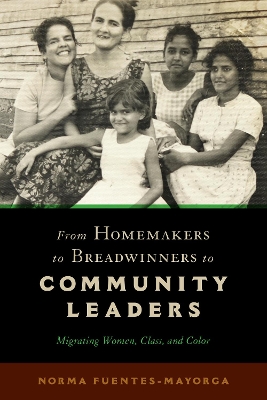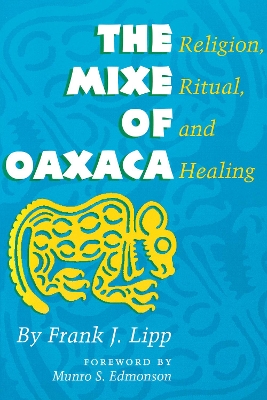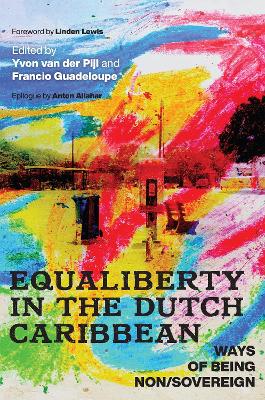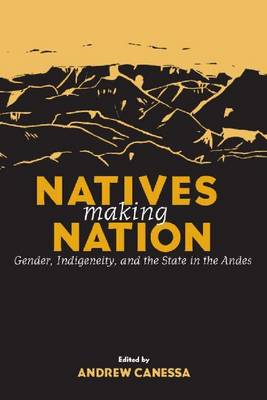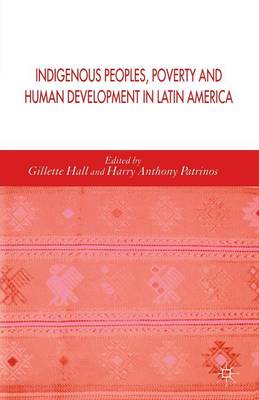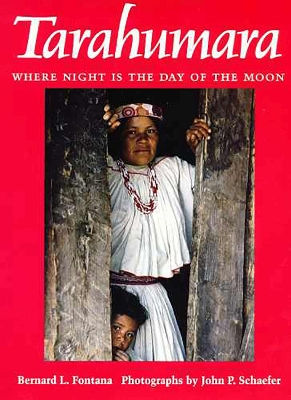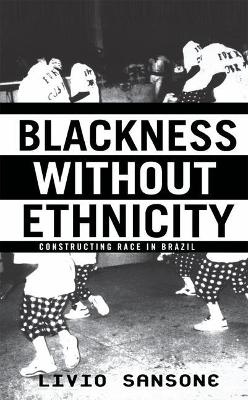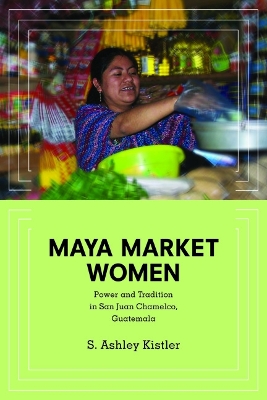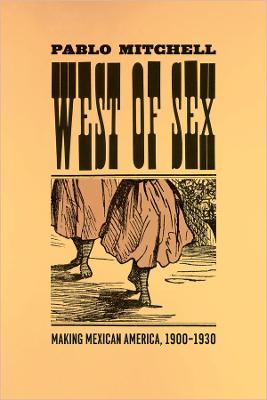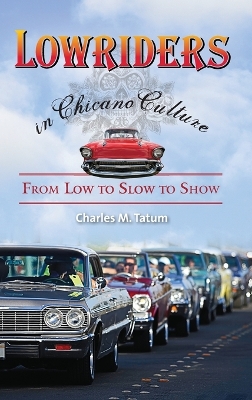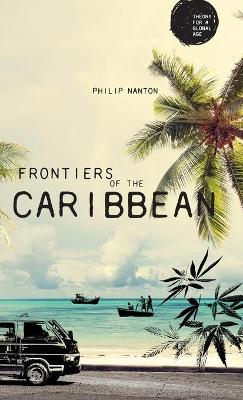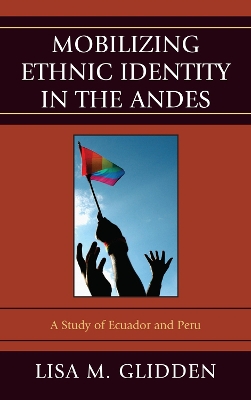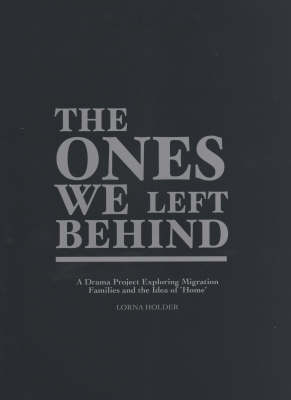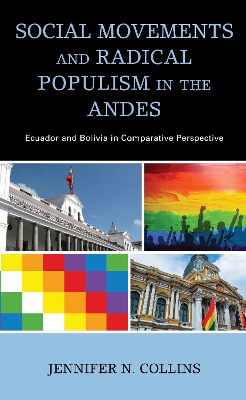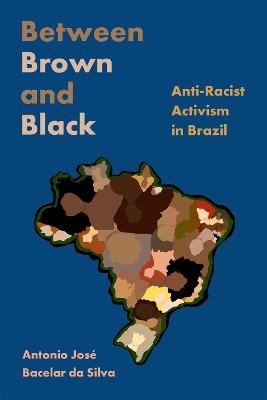From Homemakers to Breadwinners to Community Leaders
by Norma Fuentes-Mayorga
The Mixe of Oaxaca was the first extensive ethnography of the Mixe, with a special focus on Mixe religious beliefs and rituals and the curing practices associated with them. It records the procedures, design-plan, corresponding prayers, and symbolic context of well over one hundred rituals. Frank Lipp has written a new preface for this edition, in which he comments on the relationship of Mixe religion to current theoretical understandings of present-day Middle American folk religions.
Equaliberty in the Dutch Caribbean (Critical Caribbean Studies)
by Linden Lewis, Francio Guadeloupe, Yvon Van Der Pijl, Nikki Mulder, Jordi Halfman, Guiselle Starink-Martha, Rose Mary Allen, and Lisenne Delgado
In Bolivia today, the ability to speak an indigenous language is highly valued among educated urbanites as a useful job skill, but a rural person who speaks a native language is branded with lower social status. Likewise, chewing coca in the countryside spells ?inferior indian,? but in La Paz jazz bars it's decidedly cool. In the Andes and elsewhere, the commodification of indianness has impacted urban lifestyles as people co-opt indigenous cultures for qualities that emphasize the uniqueness of...
Boricua Pop is the first book solely devoted to Puerto Rican visibility, cultural impact, and identity formation in the U.S. and at home. Frances Negron-Muntaner explores everything from the beloved American musical West Side Story to the phenomenon of singer/actress/ fashion designer Jennifer Lopez, from the faux historical chronicle Seva to the creation of Puerto Rican Barbie, from novelist Rosario Ferre to performer Holly Woodlawn, and from painter provocateur Andy Warhol to the seemingly ove...
Recasting Transnationalism Through Performance (Studies in International Performance)
by C. McMahon
A rigorous ethnography of three international theatre festivals spanning the Portuguese-speaking world, this book examines the potential for African theatre artists to generate meaningful cultural and postcolonial dialogues in festival venues despite the challenges posed by a global arts market.
Indigenous Peoples, Poverty and Human Development in Latin America
by Gillette Hall
Indigenous people constitute a large portion of Latin America's population and suffer from widespread poverty. This book provides the first rigorous assessment of changes in socio-economic conditions among the region's indigenous people, tracking progress in these indicators during the first international decade of indigenous peoples (1994-2004). Set within the context of existing literature and political changes over the course of the decade, this volume provides a rigorous statistical analysis...
Long Live Atahualpa is an innovative ethnographic study of indigenous political movements against discrimination in modern Ecuador. Exploring the politicizing of Indianness-the right of indigenous peoples to self-determination and political agency-Emma Cervone analyzes how the Quichuas mobilized in the country's central Andean province of Chimborazo and formed their own grassroots organization, Inca Atahualpa. She illuminates the complex process that led indigenous activists to forge new allianc...
Inhabiting the Sierra Madre Occidental of southwestern Chihuahua in Mexico, the Tarahumara (or Rarámuri) are known in their language as the "foot runners" due to the way in which they must navigate their rugged terrain. This book offers an accessible ethnography of their history, customs, and current life, accompanied by photographs that offer striking images of these gentle people. The subtitle of the book derives from the Tarahumara's belief that the soul works at night while the body sleeps...
Blackness Without Ethnicity draws on fifteen years of his research in Bahia, Rio Suriname, and Amsterdam. Sansone uses his findings to explore the very different ways that race and ethnicity are constructed in Brazil and the rest of Latin America. He compares these Latin American conceptions of race to dominate notions of race that are defined by a black-white polarity and clearly identifiable ethnicities, formulations he sees as highly influenced by the US and to a lesser degree Western Europe....
Chican@s in the Conversations (A Longman Topics Reader)
by Elizabeth R Kessler and Anne Perrin
This brief, affordable reader takes a provocative look at critical issues facing the Chican@ communities today and provides thought-provoking questions and writing topics for each reading.
Amerindian societies have an iconic status in classical political thought. For Montaigne, Hobbes, Locke, Hume and Rousseau, the native American ‘state of nature’ operates as a foil for the European polity. Challenging this tradition, The Imbalance of Power demonstrates ethnographically that the Carib speaking indigenous societies of the Guiana region of Amazonia do not fit conventional characterizations of ‘simple’ political units with ‘egalitarian’ political ideologies and ‘harmonious’ relati...
As cultural mediators, Chamelco's market women offer a model of contemporary Q'eqchi' identity grounded in the strength of the Maya historical legacy. Guatemala's Maya communities have faced nearly five hundred years of constant challenges to their culture, from colonial oppression to the instability of violent military dictatorships and the advent of new global technologies. In spite of this history, the people of San Juan Chamelco, Guatemala, have effectively resisted significant changes to t...
Sex can be an oppressive force, a tool to shame, divide, and control a population. But it can also be a force for change, for the legal and physical challenge of inequity and injustice. In "West of Sex", Pablo Mitchell uses court transcripts and criminal cases to provide the first coherent picture of Mexican-American sexuality at the turn of the twentieth century, and a truly revelatory look at sexual identity in the borderlands. As Mexicans faced a rising tide of racial intolerance in the Ameri...
This informed and accessible book captures the art, energy, passion, and pageantry of over 60 years of lowrider culture—an absolutely iconic Chicano and American phenomenon.Much like rap music and ethnic foods, Chicano lowrider culture has become sufficiently widespread in recent decades to almost be considered "mainstream." However, those outside of lowriding may not realize that this cultural phenomenon is not the result of a recent fad—it originated in the pre–World War II era, and has contin...
Masculinities in Contemporary Argentine Popular Cinema
by Carolina Rocha
Rocha critically examines contemporary cinematic representations of Argentine masculinities produced after the 1990s when the Argentine state experienced crucial changes that affected both the social construction of gender and the financing of domestic film productions. Theoretically innovative, this study provides detailed analysis of six Argentine blockbusters. Interdisciplinary and written in an engaging style, Masculinities in Contemporary Argentine Popular Cinemais the first scholarly work...
This book argues that the Caribbean frontier, usually assumed to have been eclipsed after colonial conquest, remains a powerful but unrecognised element of Caribbean island culture. Combining analytical and creative genres of writing, it explores historical and contemporary patterns of frontier change through a case study of the little-known Eastern Caribbean multi-island state of St Vincent and the Grenadines. Modern frontier traits are located in the wandering woodcutter, the squatter on gover...
She is Cuba: A Genealogy of the Mulata Body traces the history of the Cuban mulata and her association with hips, sensuality and popular dance. It examines how the mulata choreographs her racialised identity through her hips and enacts an embodied theory called hip(g)nosis. By focusing on her living and dancing body in order to flesh out the process of identity formation, this book makes a claim for how subaltern bodies negotiate a cultural identity that continues to mark their bodies on a daily...
Mobilizing Ethnic Identity in the Andes examines why some groups choose to organize themselves based on ethnic identity, that is, why ethnic identities are mobilized and politicized by some populations and not others. It demonstrates that the mobilization of ethnic identity is a political choice, and it is not necessarily the first or natural choice of a group of people who have grievances with their government. The book provides an argument as to when that choice to mobilize an ethnic, as oppos...
In Social Movements and Radical Populism in the Andes: Ecuador and Bolivia in Comparative Perspective, Jennifer N. Collins examines why the new left took the form of radical populism in Ecuador and Bolivia and how social movements were impacted by this development. Using a Laclauian approach, Collins argues that anti-neoliberal social movements provided the groundwork for populist identity formation. This book also offers a nuanced and insightful explanation for the decline of Ecuador's indigeno...
Buyers Beware offers a new perspective for critical inquiries about the practices of consumption in (and of) Caribbean popular culture. The book revisits commonly accepted representations of the Caribbean from "less respectable" segments of popular culture such as dancehall culture and 'sistah lit' that proudly jettison any aspirations toward middle-class respectability. Treating these pop cultural texts and phenomena with the same critical attention as dominant mass cultural representations of...
